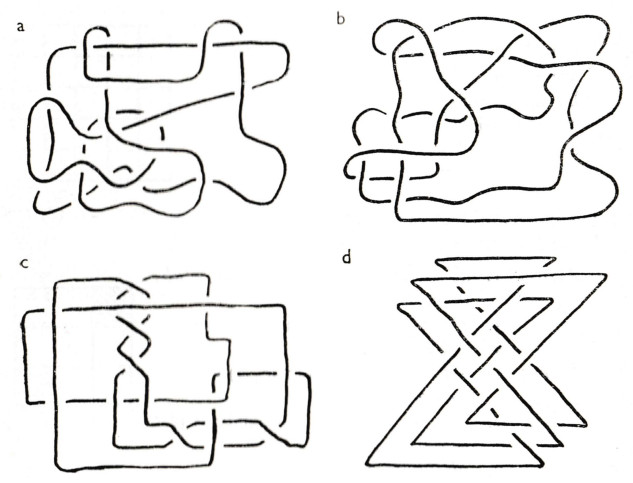Edward Lear’s recipe for amblongus pie, 1872:
Take 4 pounds (say 4 1-2 pounds) of fresh Amblongusses, and put them in a small pipkin.
Cover them with water, and boil them for 8 hours incessantly; after which add 2 pints of new milk, and proceed to boil for 4 hours more.
When you have ascertained that the Amblongusses are quite soft, take them out, and place them in a wide pan, taking care to shake them well previously.
Grate some nutmeg over the surface, and cover them carefully with powdered gingerbread, curry-powder, and a sufficient quantity of Cayenne pepper.
Remove the pan into the next room, and place it on the floor. Bring it back again, and let it simmer for three-quarters of an hour. Shake the pan violently till all the Amblongusses have become of a pale purple colour.
Then, having prepared the paste, insert the whole carefully; adding at the same time a small pigeon, 2 slices of beef, 4 cauliflowers, and any number of oysters.
Watch patiently till the crust begins to rise, and add a pinch of salt from time to time.
Serve up in a clean dish, and throw the whole out of window as fast as possible.





